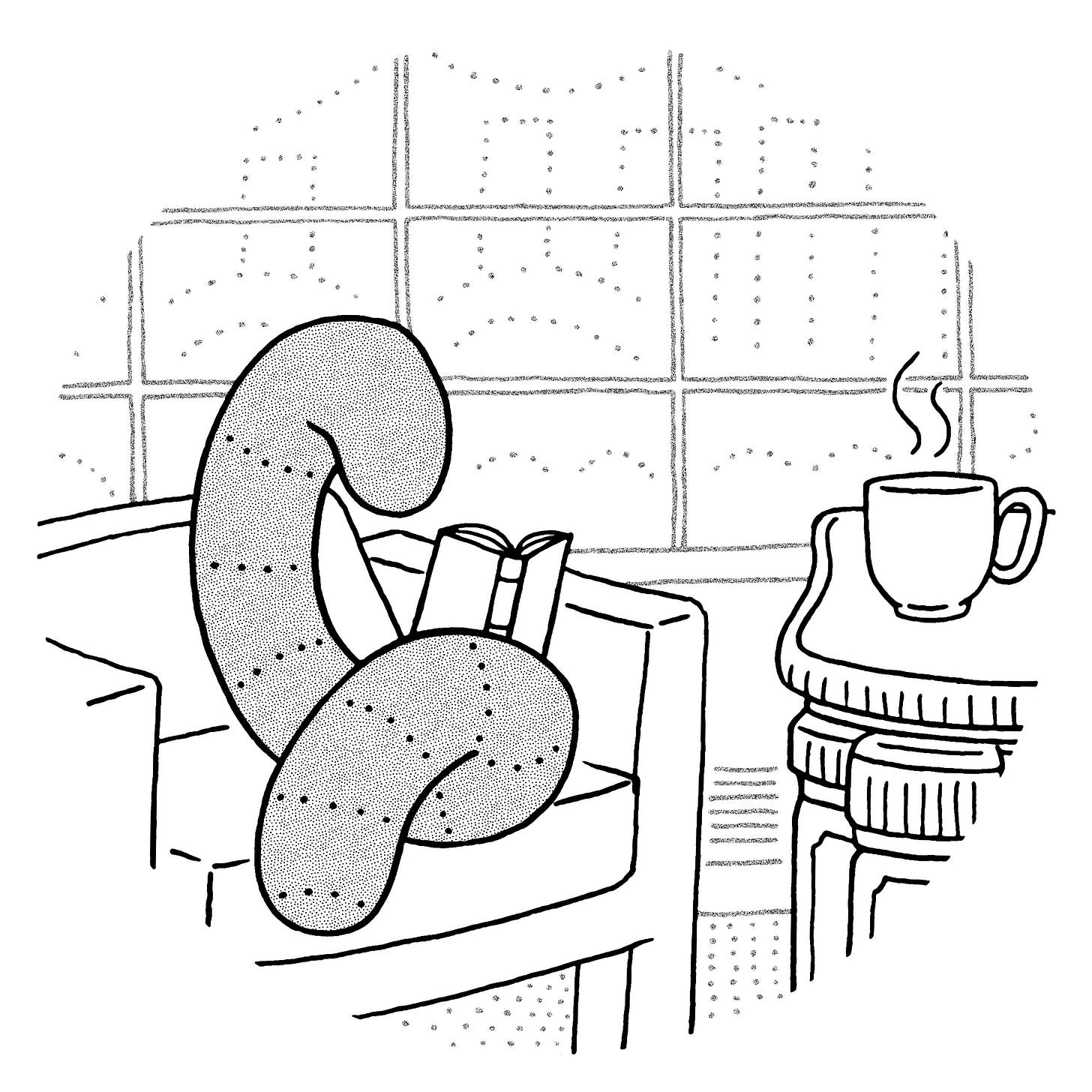Bookworm, no. 78
Alexandra Oliver reviews collected poems by Margaret Atwood. Ximena González on “Nature-First Cities.” Poetry by Ronna Bloom. Inside the January/February issue.
The Indelible Woman
Paper Boat: New and Selected Poems, 1961–2023
Margaret Atwood
McClelland & Stewart
624 pages, hardcover, ebook, and audiobook
One might surmise that poets who become novelists evolve, sloughing off the chrysalis of experimentation for profitable work. Margaret Atwood challenges this assumption. With some 300 poems that span her six-decade…
Keep reading with a 7-day free trial
Subscribe to Bookworm to keep reading this post and get 7 days of free access to the full post archives.





